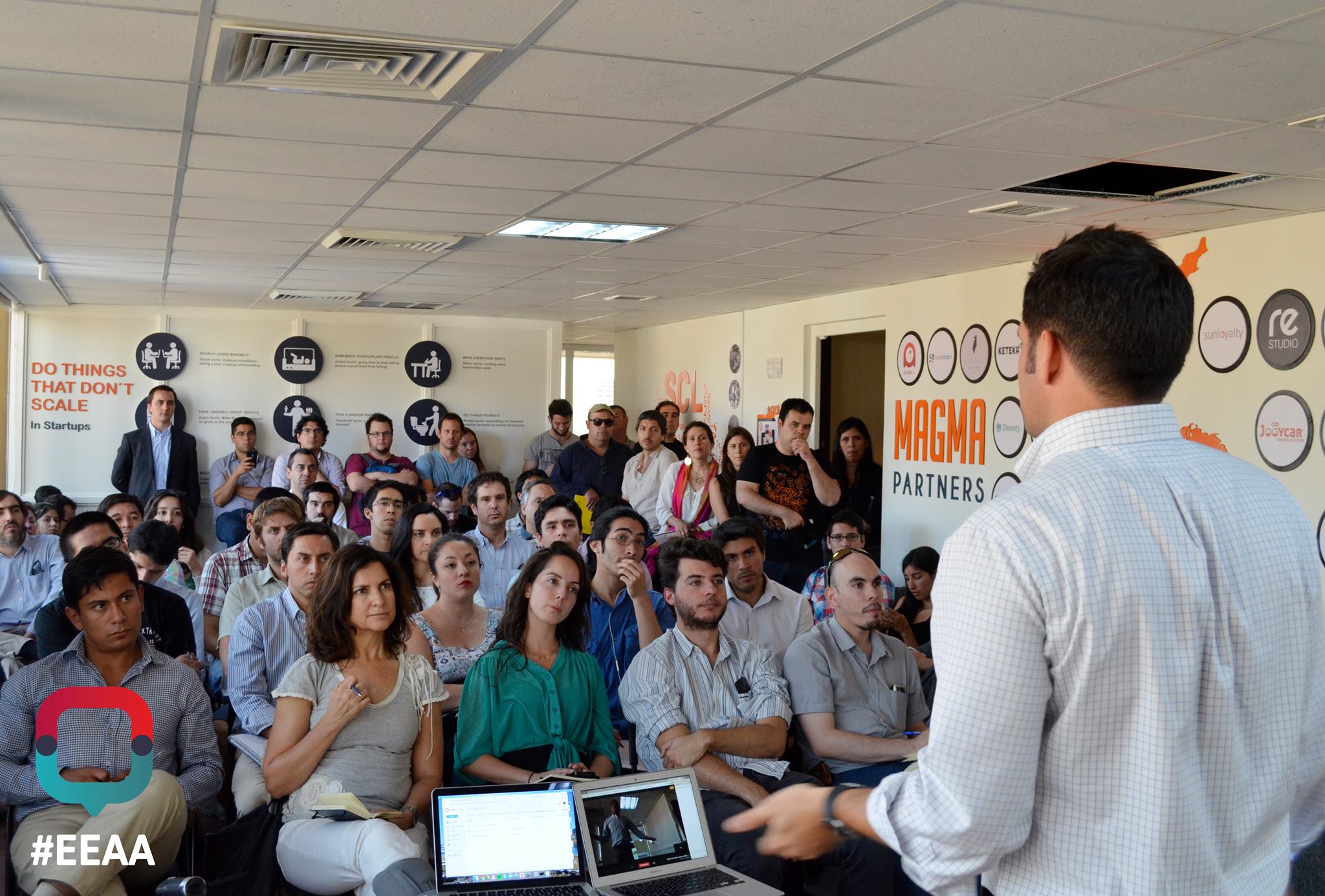I get multiple emails per month from US and European tech workers who are interested in moving to Chile and want to know what the tech job market looks like. These emails have picked up in frequency both as the Chilean tech ecosystem has grown and as many tech workers explore more options for working abroad after 2016.
Chile’s tech ecosystem has grown by leaps and bounds since 2010, when startup Chile began seeding the Chilean tech ecosystem. Since then over 1700 companies have come to Chile, many of which have stayed and created a presence in Santiago. Additionally, more Chileans have started companies both for the local market and to attack the US market.
The most in demand workers are Ruby on Rails developers, UI/UX designers and online marketers, but there’s also significant demand for native english speaking sales people and customer success roles.
No matter where you work in Chile, you’ll almost for sure make less money than you would in the US. Tech salaries are lower, but so is cost of living. Getting a work visa is very easy; all you need is a job offer and you can get a one year temporary visa, a RUT government id number and everything you need to get started.
There are five options for expat tech workers who are looking for opportunities in Chile:
- Work remotely for a US company
- Work for an established Chilean company
- Work with a Chilean startup targeting the Latam
- Work with an expat or Chilean startup targeting the US market
I’ll unpack each one:
Work remotely for a US company
If you’re a freelancer with established US clients, you can make a great living working from one of Chile’s many coworks. If you can make US freelancer rates, but live with Chilean costs, you can live like royalty without breaking a sweat. The downside of working remotely is that you won’t really be exposed to the local Chilean ecosystem and it will be harder to make friends with locals. You might also have a harder time getting a work visa, which will require you to leave the country every 90 days so that you can stay in the country on a tourist visa.
Work for an established Chilean company
Most established Chilean companies will only hire fully fluent Spanish speakers and people with degrees from Chilean universities or very well known US universities. Similar to working in large US companies, you’ll likely make decent money for the local market, but won’t be working on cutting edge technology. You might have a manager who doesn’t know all that much about technology and might find very unorganized and even chaotic working conditions. Plusses are that you will make good money (but less than the US), you can easily get a work visa.
Work with a Latam startup targeting the Latam market
Most of these companies will pay ~$2000-$3500/month and most of the job will be in Spanish. Usually the founders of the companies and some of the tech team will speak english, but all of the product and marketing will be in Spanish, as it’s for the local market. You will easily be able to get a work visa. Most of the founders with these businesses will have more Chilean working conditions, which will give you a flavor for the local market.
Some of our portfolio companies that fit this niche are Jooycar, Founderlist, Deenty and Pricing Compass.
Work with an expat or Chilean startup targeting the US market
Many companies that target the US market have tech and sales teams in Chile. Pay is similar to Chilean companies, but really high end talent can make up to $6000/month if you are exceptional. These companies can offer a mix of the best of both worlds: working in english, getting a work visa and working on interesting tech problems.
Some of our portfolio companies that fit this niche are PropertySimple, Groupraise, Amberads, Ketkea, Edoome and Maker.do.
You can find more detailed information about what working in Chile is like in either of my two books. If you’re a founder, I would suggest Start-Up Chile 101, if you’re think of working at a tech company, The Expat’s Guide to Chile. I’d also be happy to answer any questions you have via my contact form on my blog.
Photo credit: Founderlist


3 Comments
I am looking more on the Data Transport Side. That being Layer 1 – Layer 4. Being versed in DS1/DS3/Sonnet/MPLS/Fibre/RfoG/HFC/Coax/Tip and Ring building, testing, maintaining from a FE standpoint with a background not only in engineering, but also sales from well known American University(Michigan State). I also speak Fluent Spanish…and Italian. (last one means nada). Anyway, and portal’s I can do research on regarding this. Thanks!
take a look at awesome.jobs or awesomejobs.io, chiletrabajos.com.